Evangelical Enigma
Hey Rebels— Pixie here.
I wasn’t just raised in the church—I was raised by it. Three-hour services every Sunday. One hour of religious study every school morning starting in high school. Two more hours every Wednesday night for youth group, from age twelve until I left home. Monday nights were “family night,” centered around scripture and devotional study. At the height of it, I spent more than ten hours a week immersed in formal faith. Before that, at least five. And I wasn’t passive in that space—I read the Bible through to completion three times. And I read the real one, before it was softened, shortened, and made easier to swallow.
So when I speak about the direction of white evangelicalism in America today, I do so not from the outside looking in—but from the inside out.
While I wasn’t personally influenced by Billy Graham, I’ve studied his legacy. His role in fusing evangelical Christianity with political power can’t be overstated. He wrapped Jesus in a suit and tied Him to the White House—becoming a spiritual advisor to presidents while helping evangelicals trade their altar for access.
But it didn’t end with Graham. If he made religion look respectable, Ronald Reagan made it profitable. He gave white evangelicals a new language of war and glory. Family values became political currency. Militarism was framed as righteousness. Racism was repackaged as “law and order.” Greed was baptized as “personal responsibility.”
And then came Trump. He didn’t even bother with reinvention. He just rebranded.
“Make America Great Again” was a Reagan original. Same slogan, same dog whistles—just louder now. Less coded. More cruel.
If you’ve read Jesus and John Wayne by Kristin Kobes Du Mez, you already know: the evangelical movement didn’t just distort Jesus—it replaced Him. Gone was the radical peacemaker who uplifted the poor and called out the powerful. In His place, they installed a weaponized fantasy—a white, rugged, gun-slinging, woman-dominating cowboy.
They didn’t want the Lamb. They wanted the Lion.
Donald Trump is the natural conclusion of that fantasy. He doesn’t model Christ. He mocks Him. He lies constantly, belittles the vulnerable, boasts about assault, incites violence—and yet evangelicals praise him as “God’s chosen.” Why? Because they were never looking for Jesus. They were looking for domination dressed in scripture.
“America First” wasn’t born in 2015. It was first popularized in the 1940s by the America First Committee—a movement that opposed U.S. involvement in World War II and was deeply rooted in xenophobia, antisemitism, and isolationist white nationalism. Charles Lindbergh was its most famous spokesman. He blamed Jews for pushing America into war and warned against the “dilution” of white American culture.
Trump didn’t invent that phrase. He resurrected it.
When the language of supremacy, purity, and conquest comes back into mainstream politics wrapped in a flag and a cross, that’s not patriotism. That’s spiritual rot.
The Jesus I read about wasn’t loud or brutal. He didn’t build walls or hoard wealth. He comforted the poor. He spoke truth to power. He healed outcasts and told the rich to give their money away. He said the meek would inherit the earth. He wept.
The Jesus I met in scripture was not aligned with empire. He didn’t chase political favor. He flipped tables in temples and warned against performative faith. He stood with the vulnerable, the shamed, the forgotten. He did not model the kind of masculinity now celebrated by modern evangelicalism.
And yet that version of Jesus has all but disappeared from the spaces I once called sacred.
Over time, white evangelicalism traded doctrine for dogma. The Bible became a branding tool. Church became a political arm. Books like Wild at Heart told boys that manhood was about conquest, not compassion. Purity culture policed girls while excusing boys. And entire communities were built on exclusion—of queer people, of people of color, of anyone who didn’t fit neatly into the mold.
By the time Trump came along, he wasn’t replacing Jesus. He was reinforcing a version of faith that had already been distorted beyond recognition. He was the natural next chapter of a movement that confused whiteness with holiness, power with virtue, and silence with obedience.
I didn’t walk away from religion because I was angry at the Christian God. I walked away because the faith I cherished had become unrecognizable. Because the teachings I once held sacred were being twisted into weapons. And people within Christian sects were wielding them. Because I could no longer reconcile the Jesus I knew with the version being used to justify cruelty. It all stopped making any sense at all. Without consistency, truth is lost.
It took me years to name that loss. To admit how deeply it hurt. If your faith asks you to stay silent in the face of injustice, it’s not faith. It’s fear.
The same people who scream about groomers support a man credibly accused of rape, including by children. The same people who praise “law and order” excuse his fraud, his incitement, his threats of violence. And they do it while holding a Bible in one hand and the flag in the other.
That’s not Christianity. That’s not patriotism.
